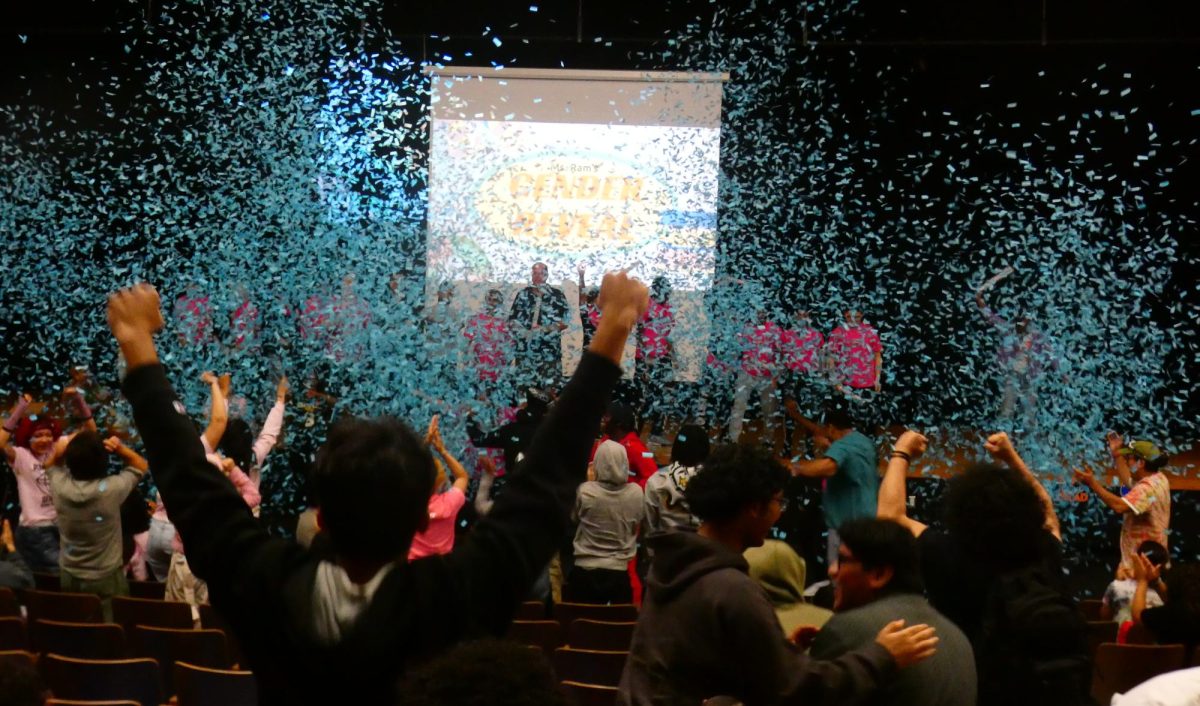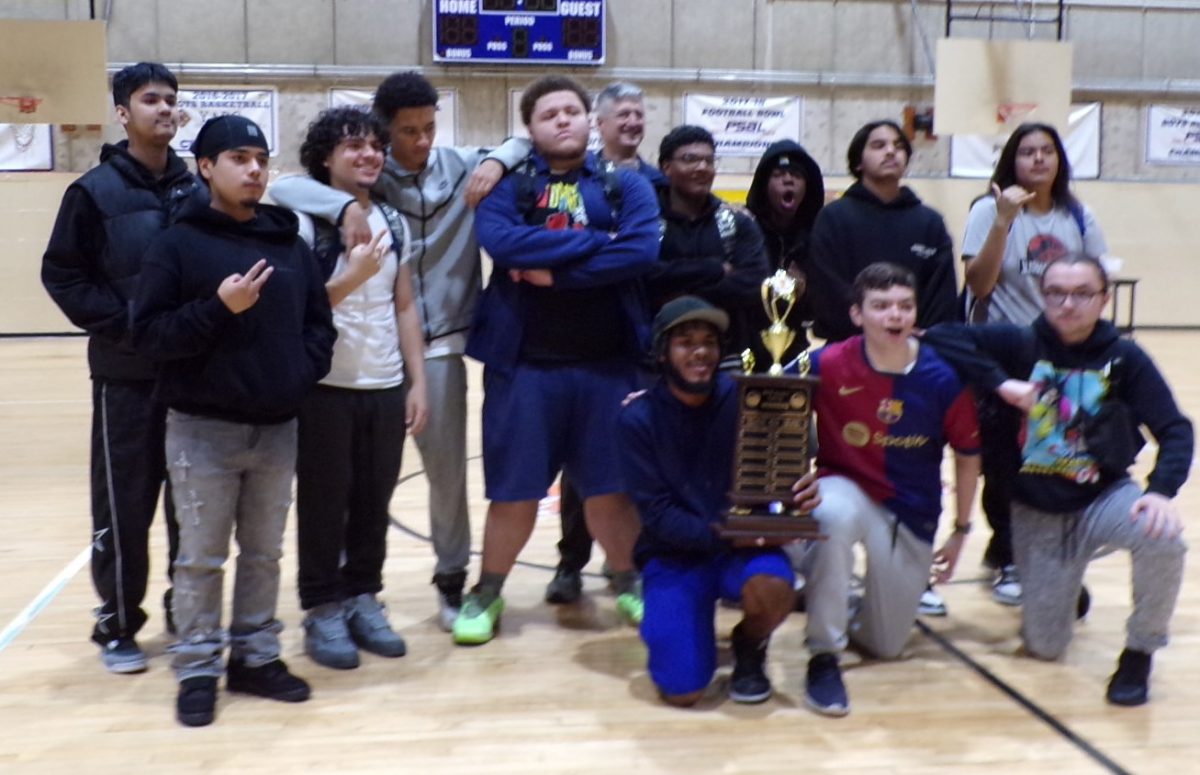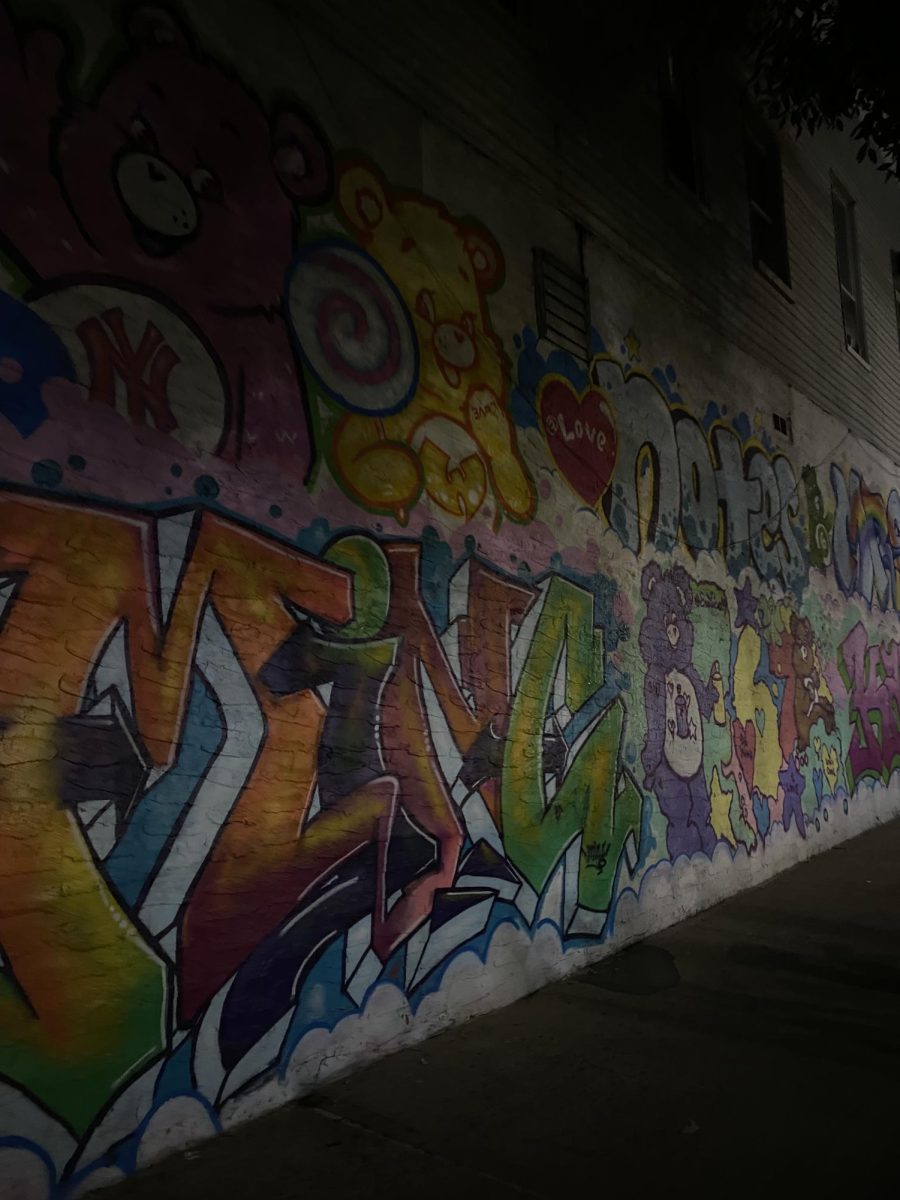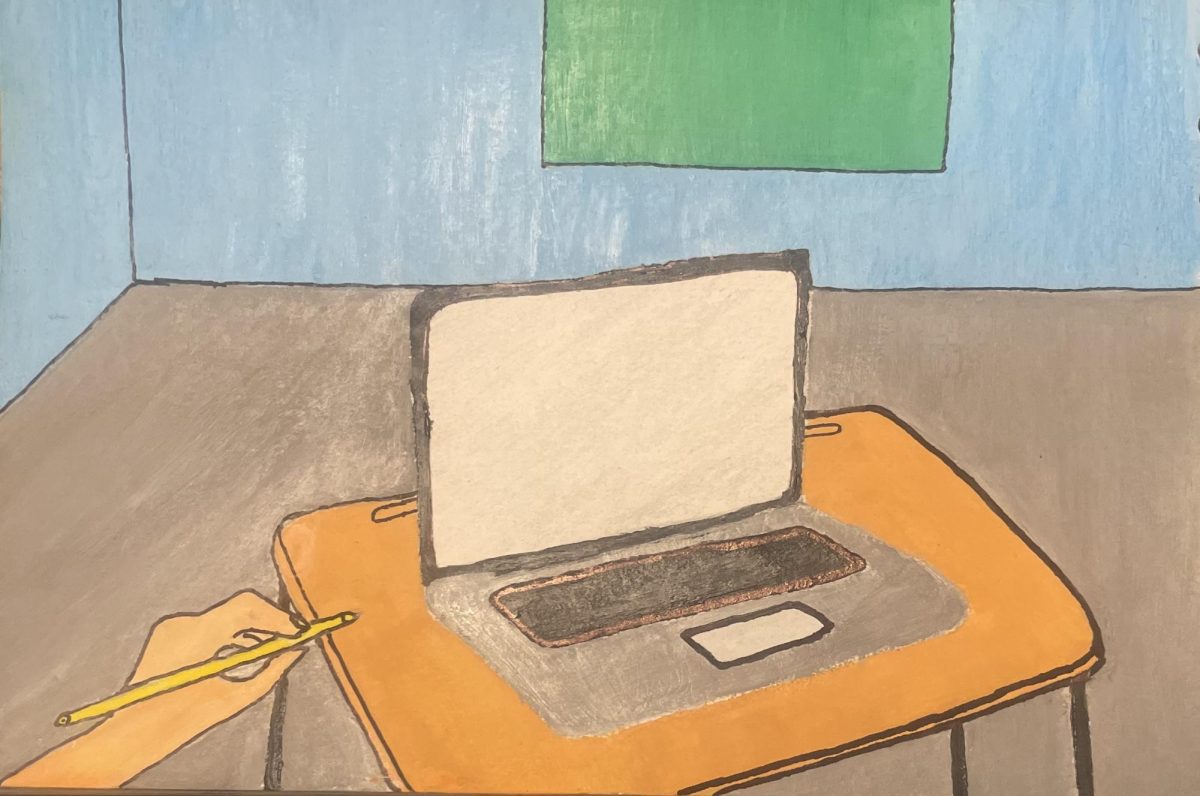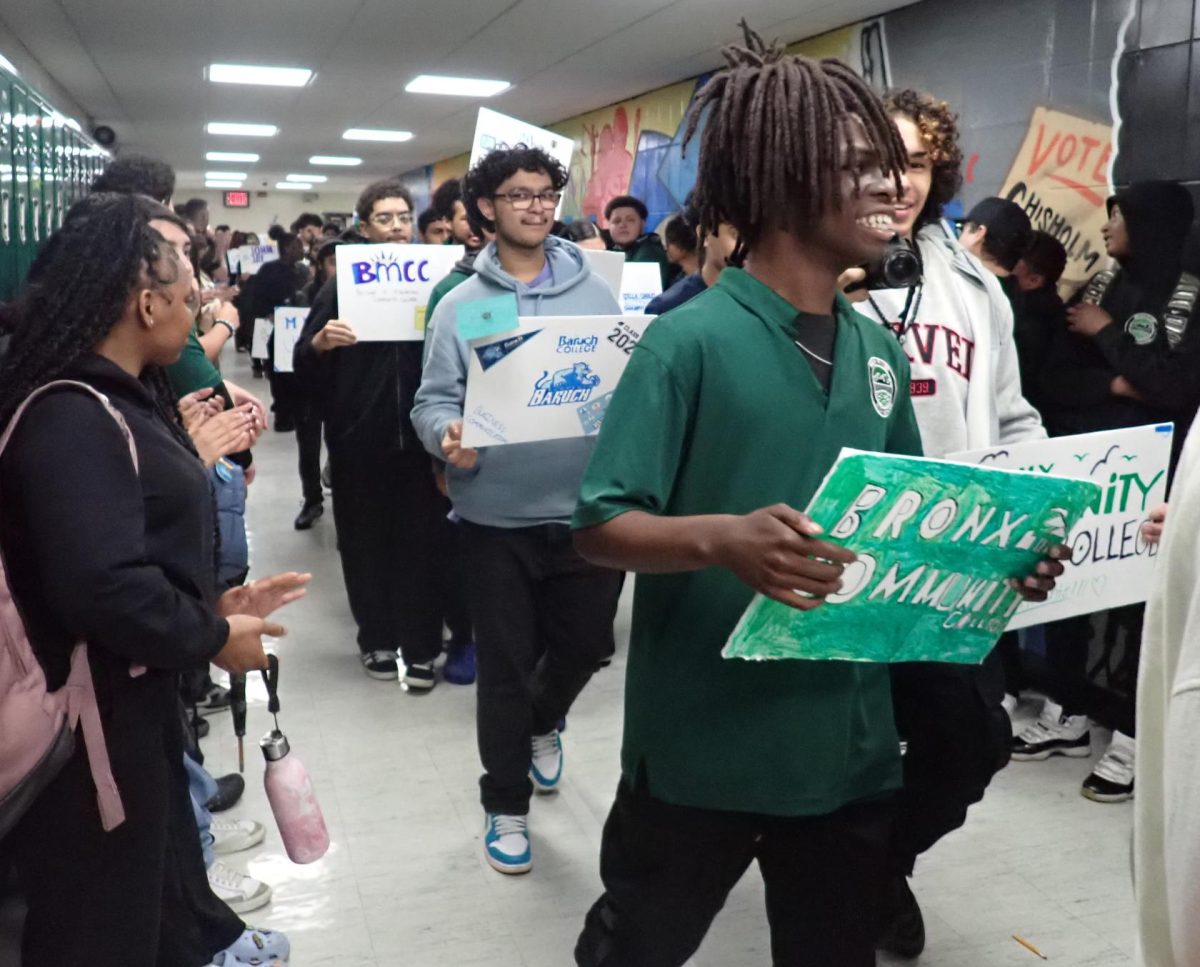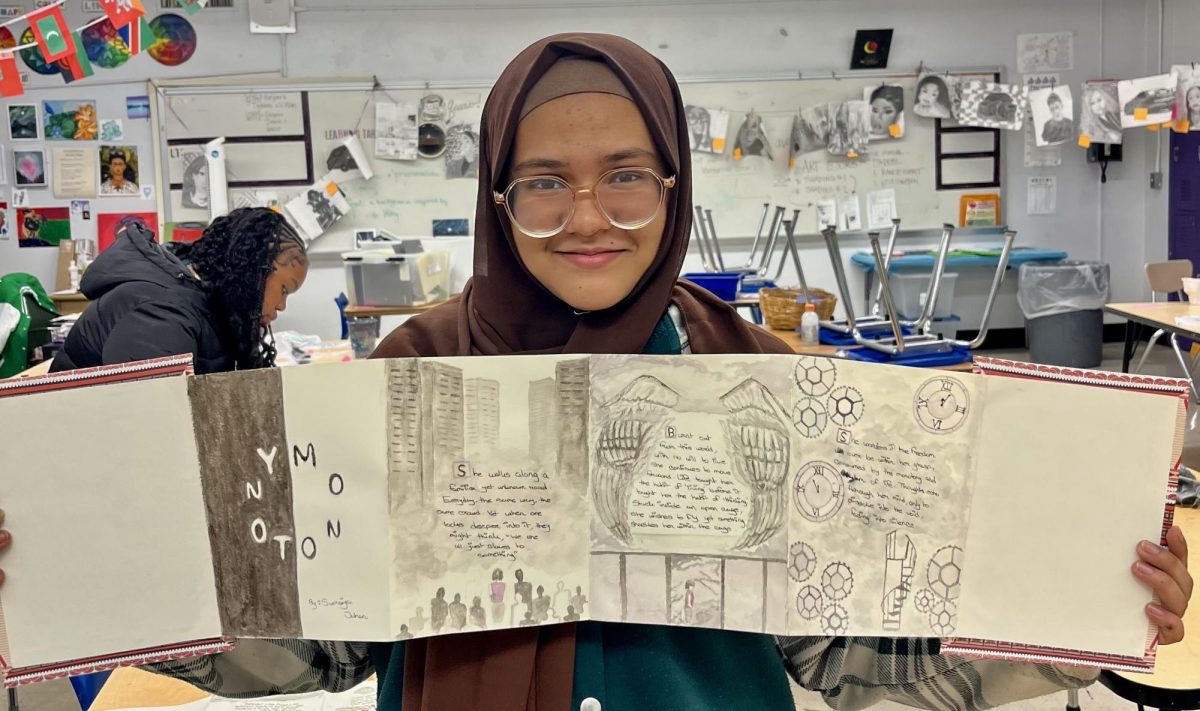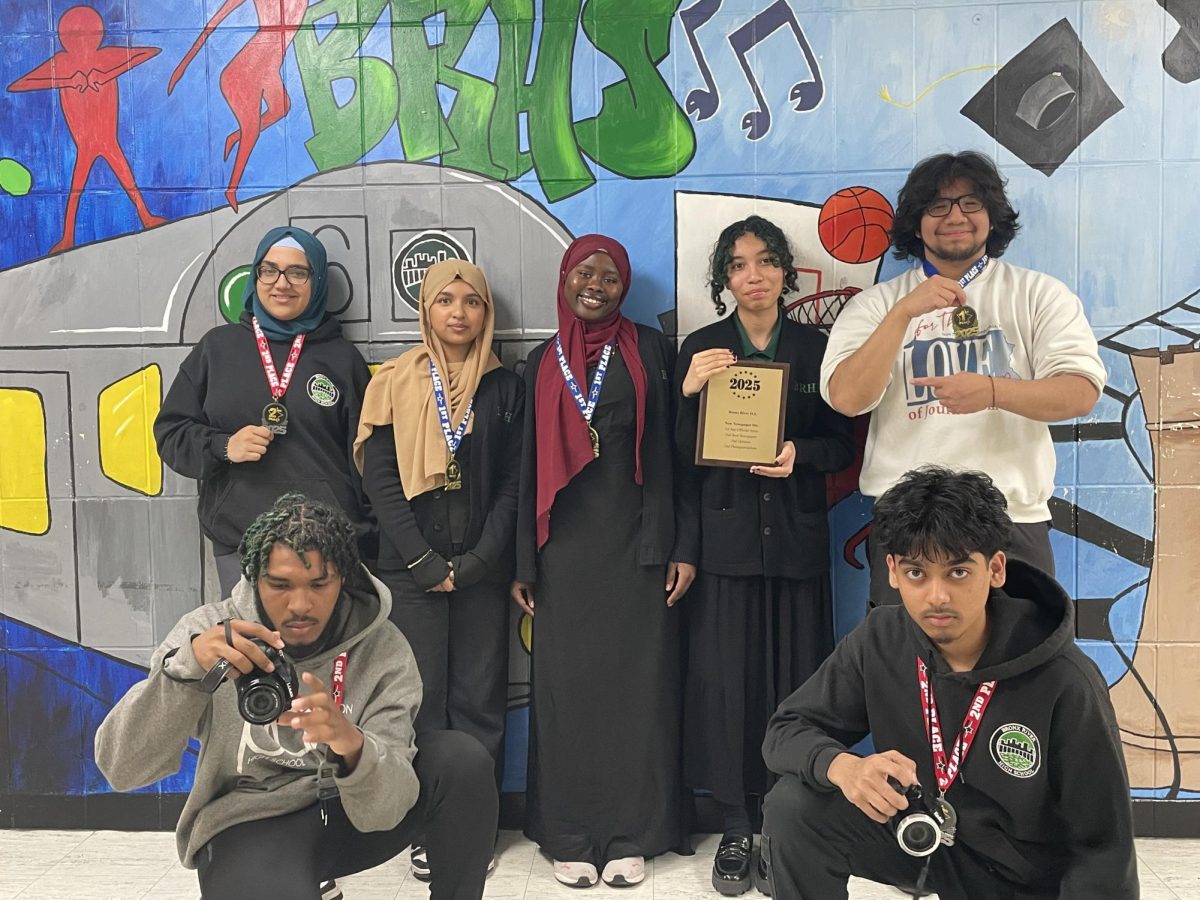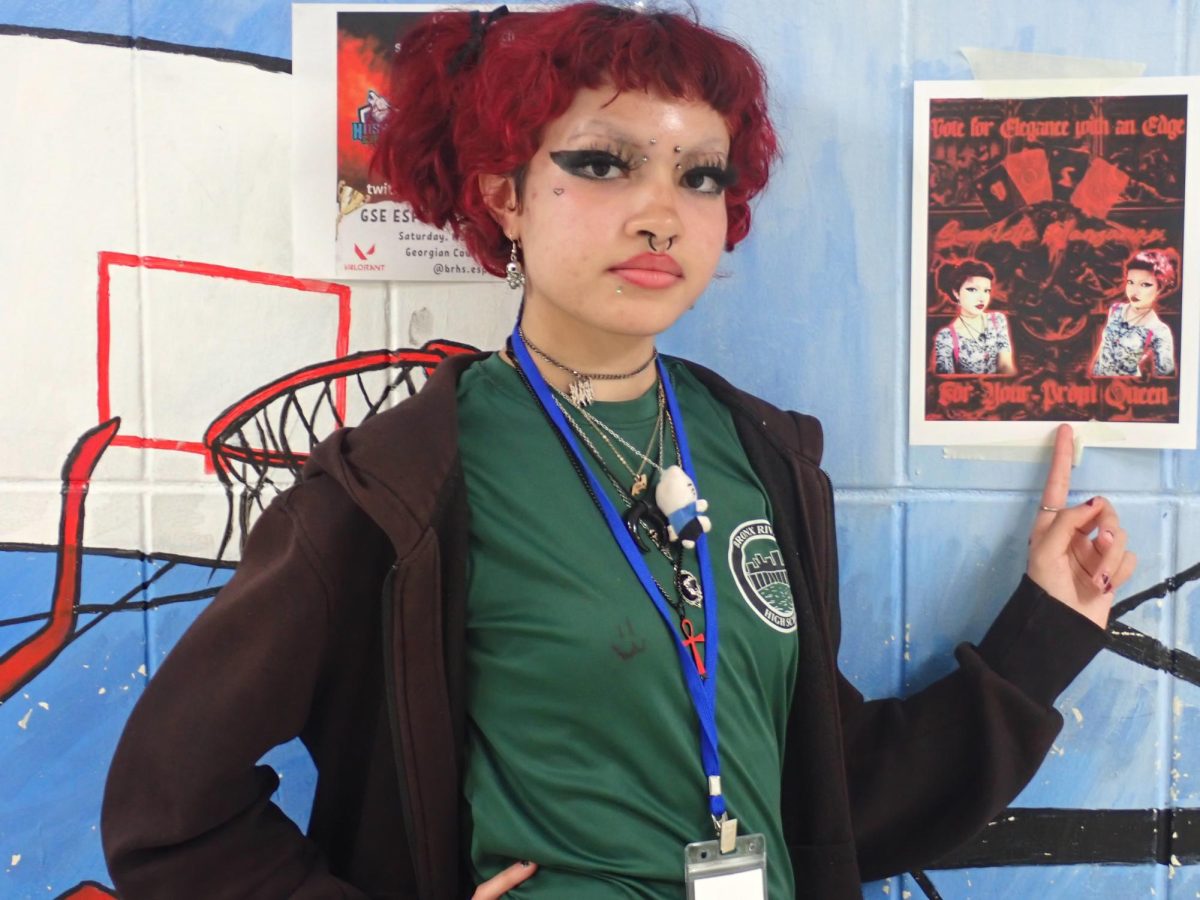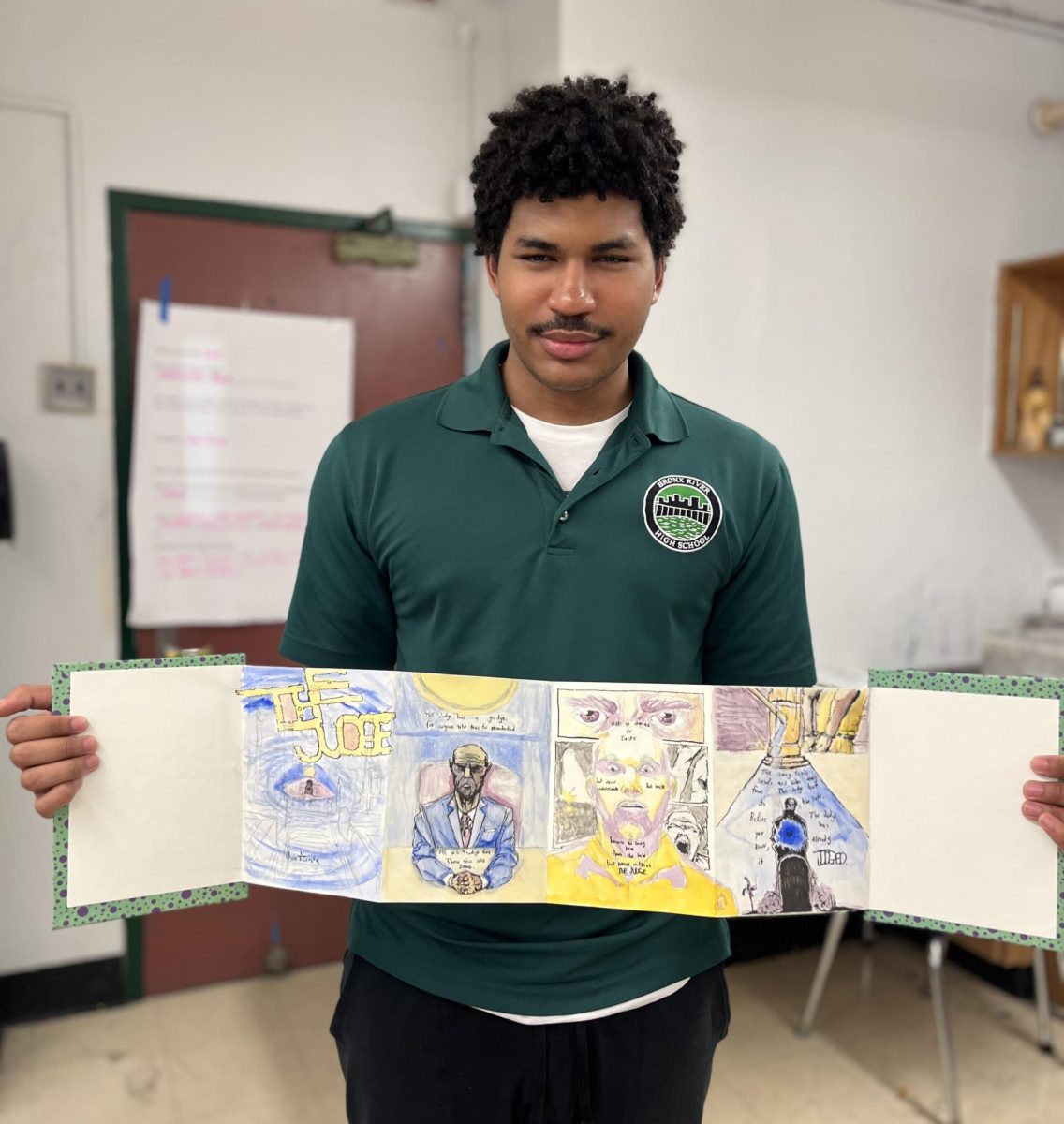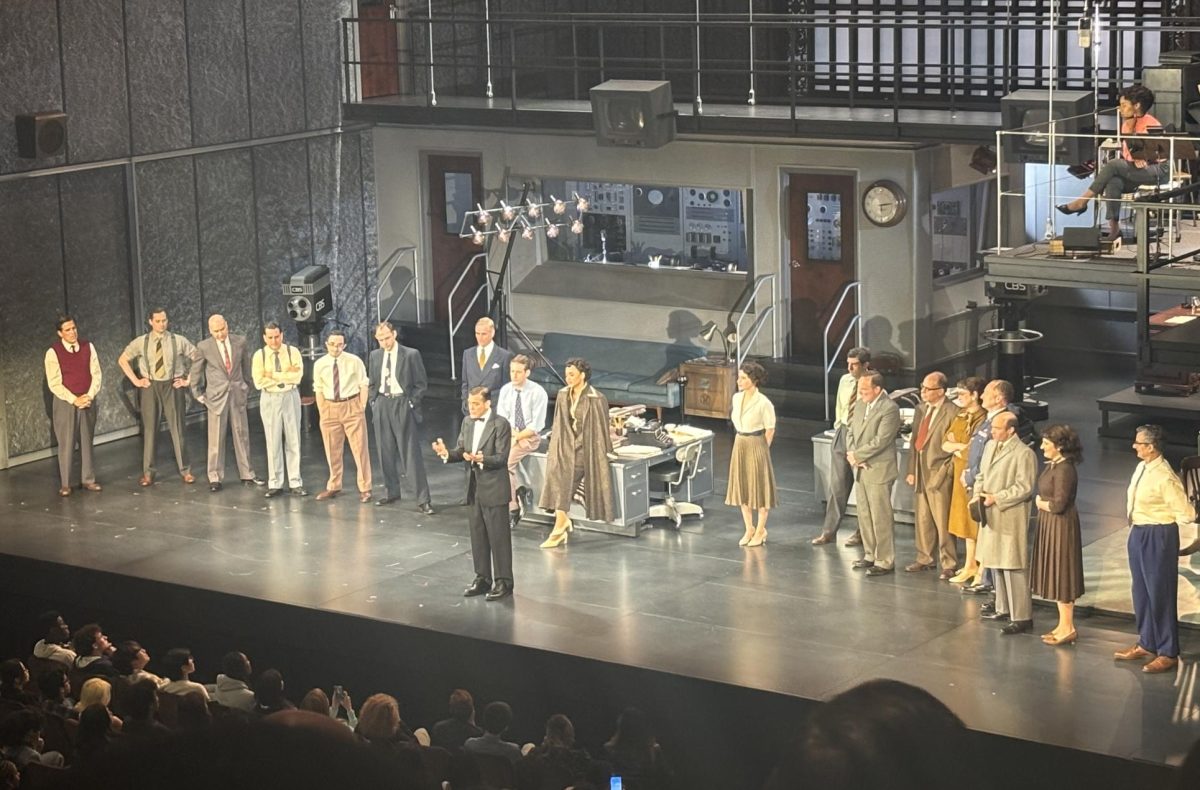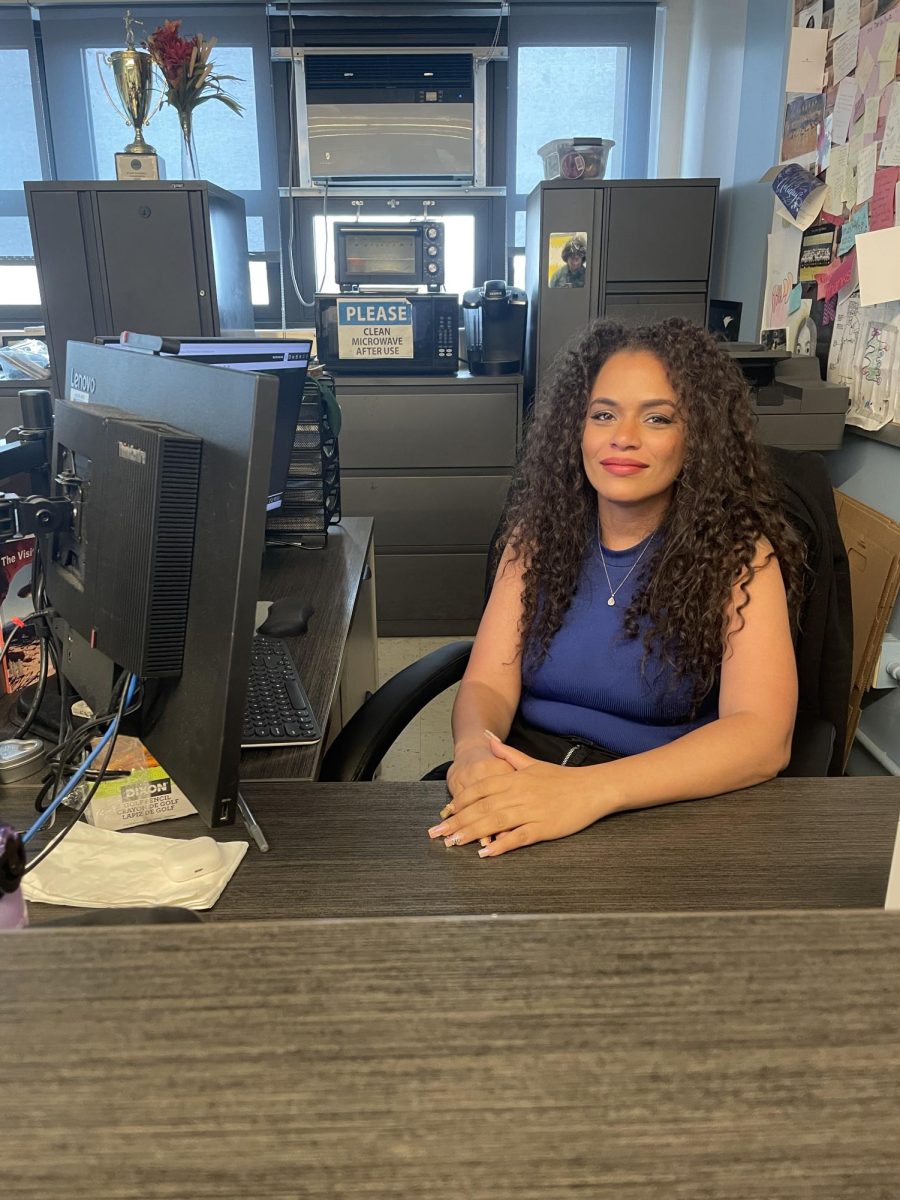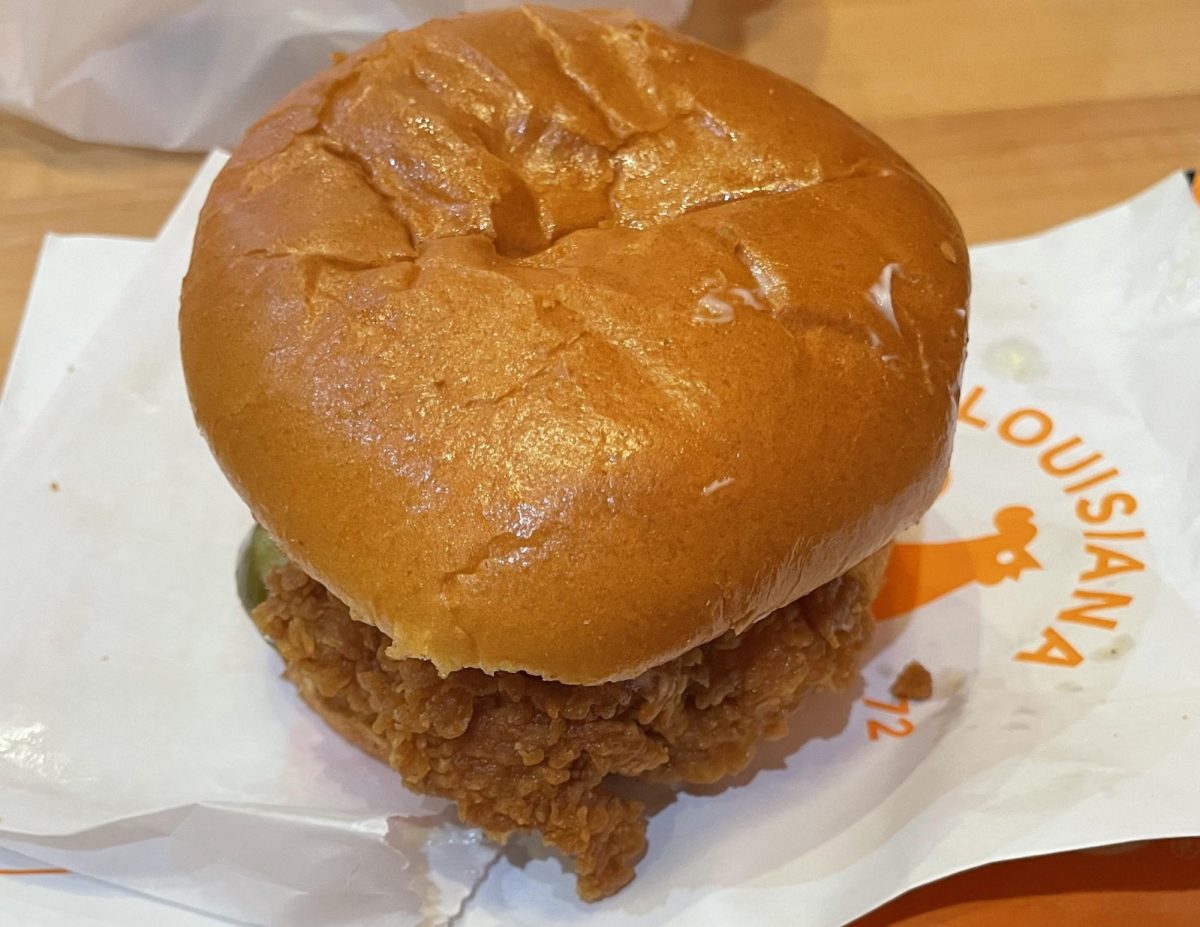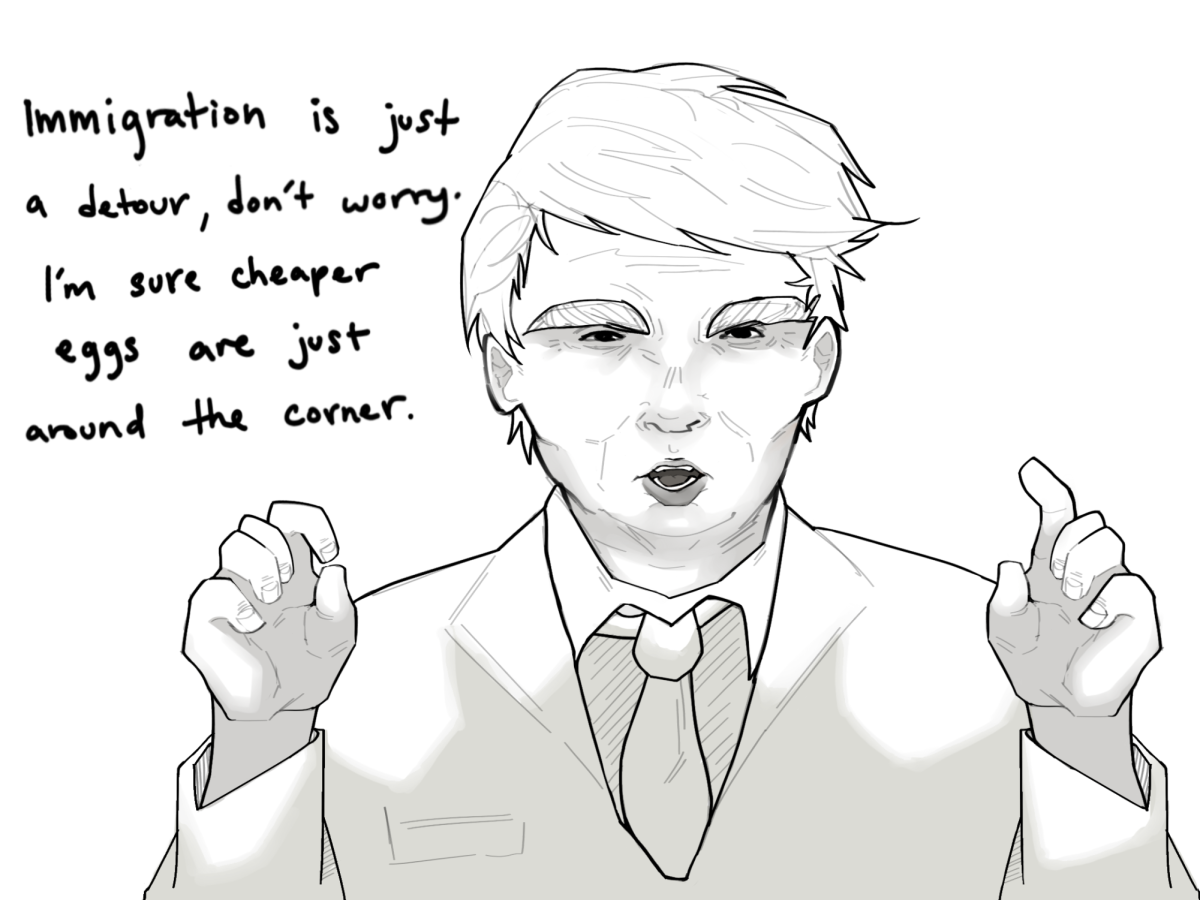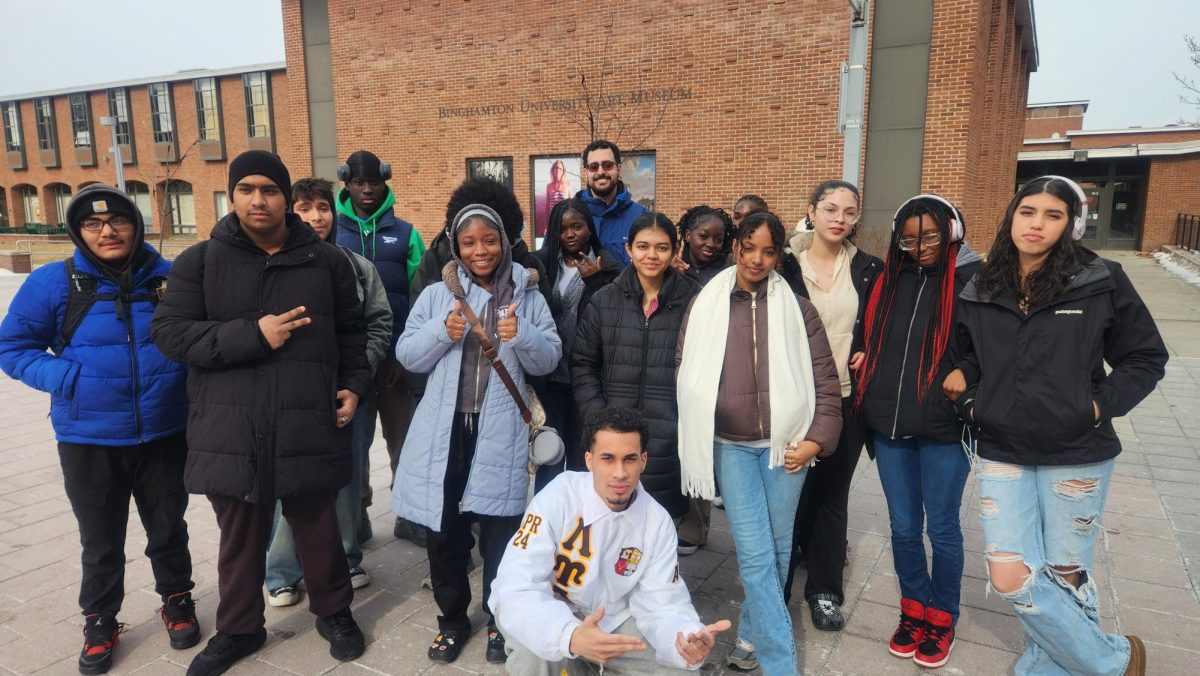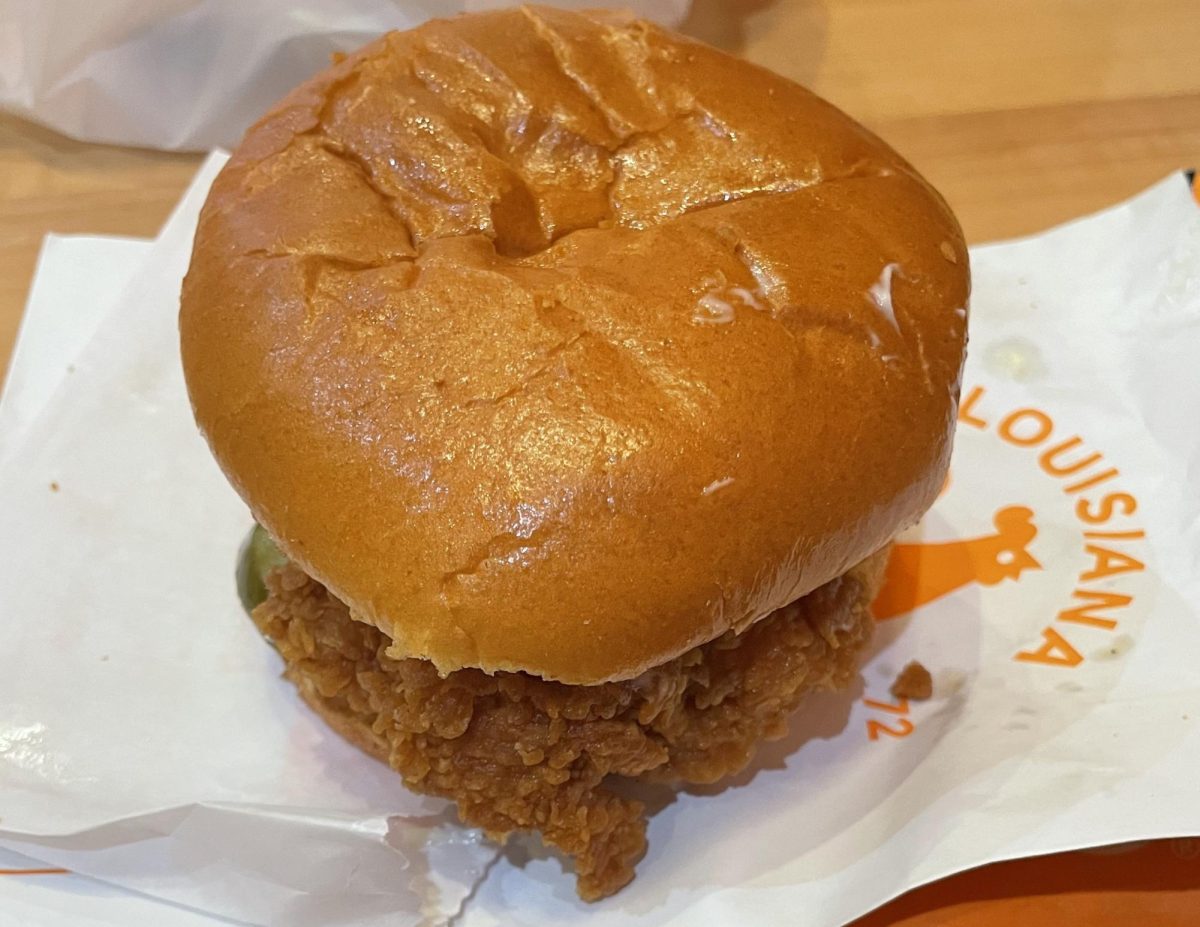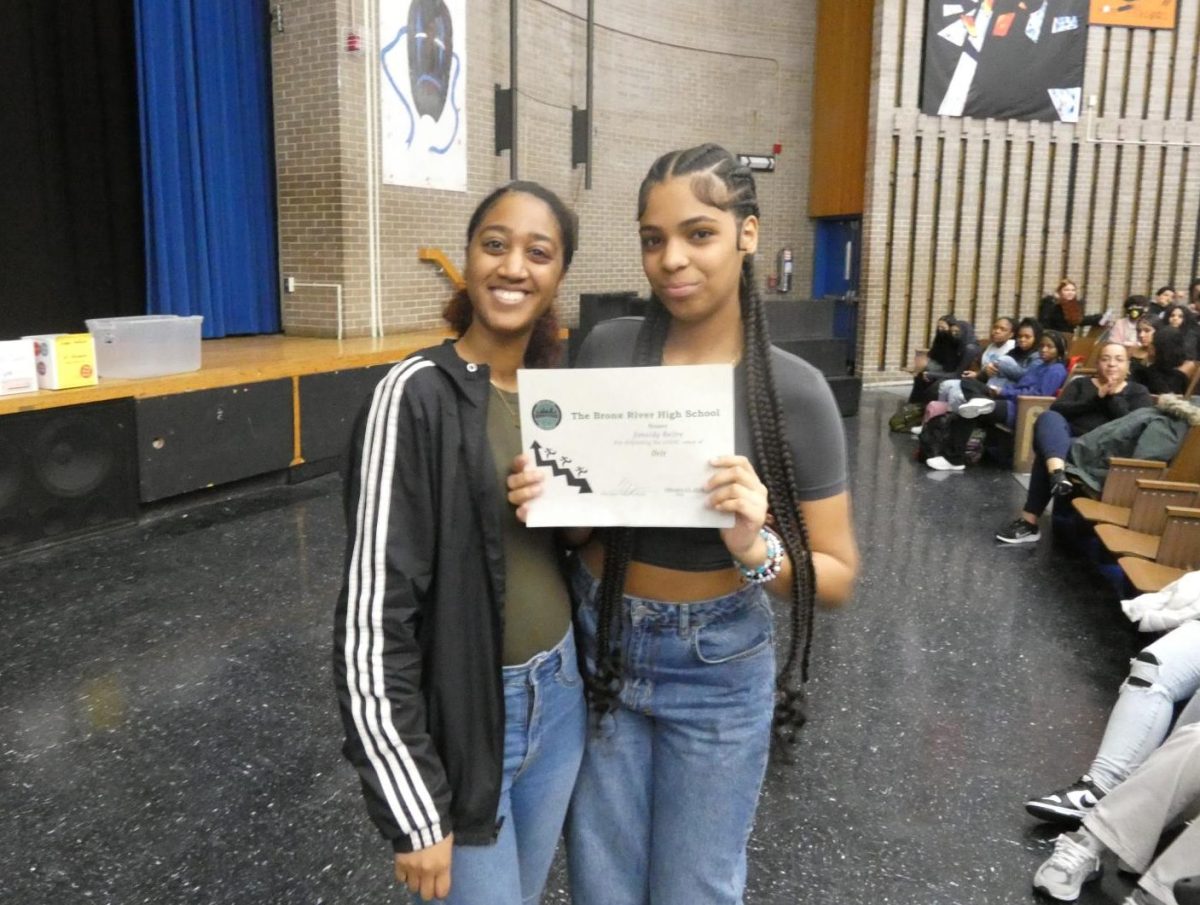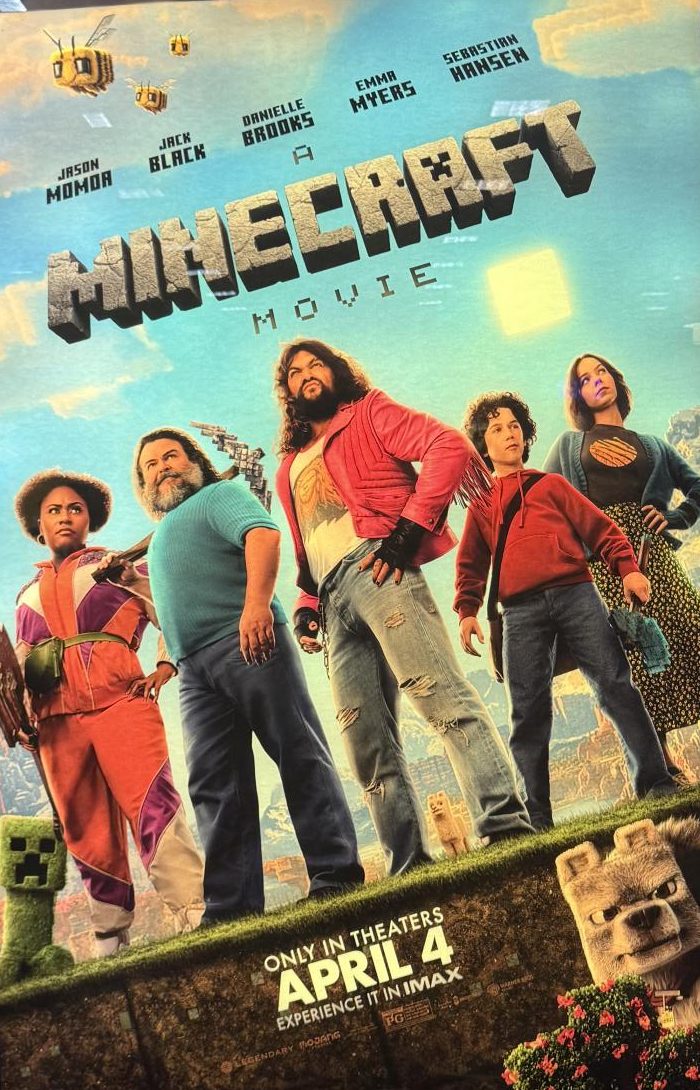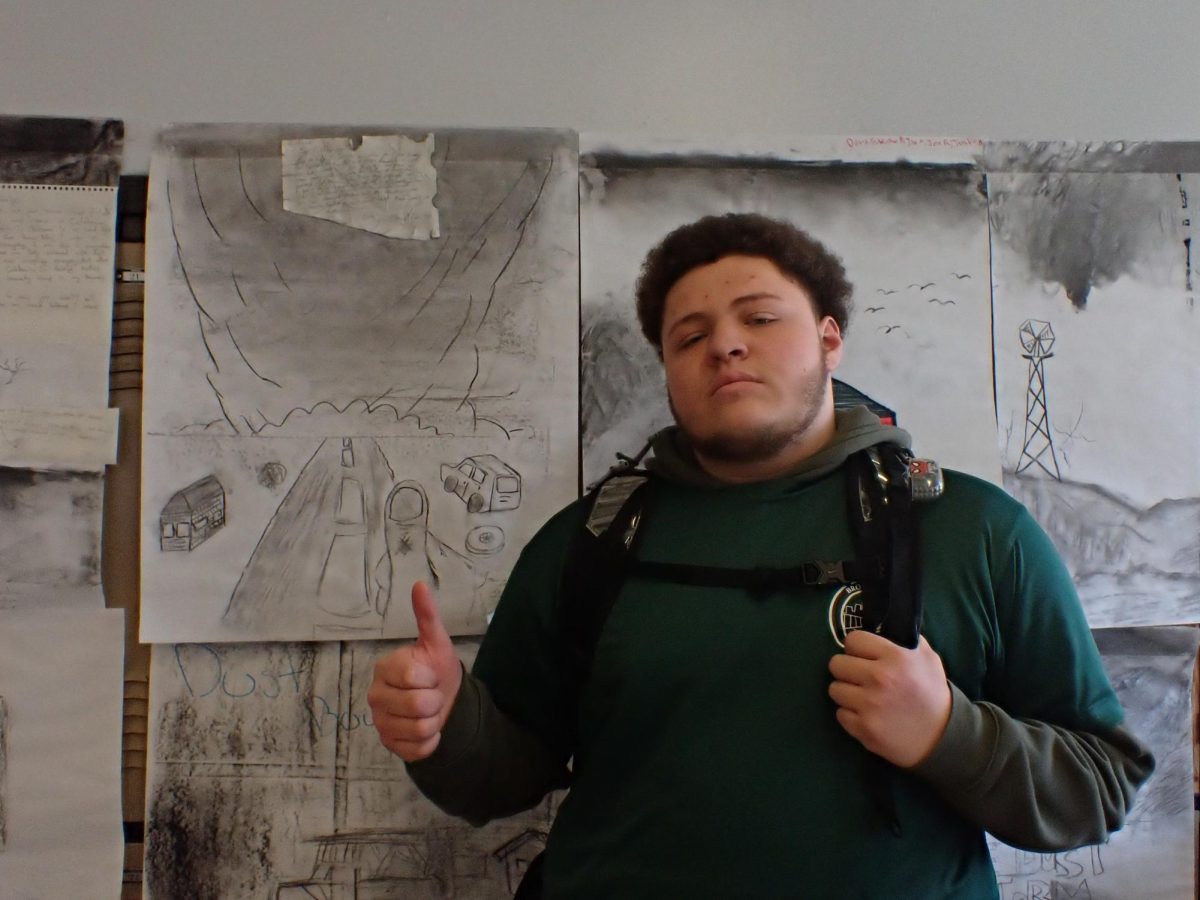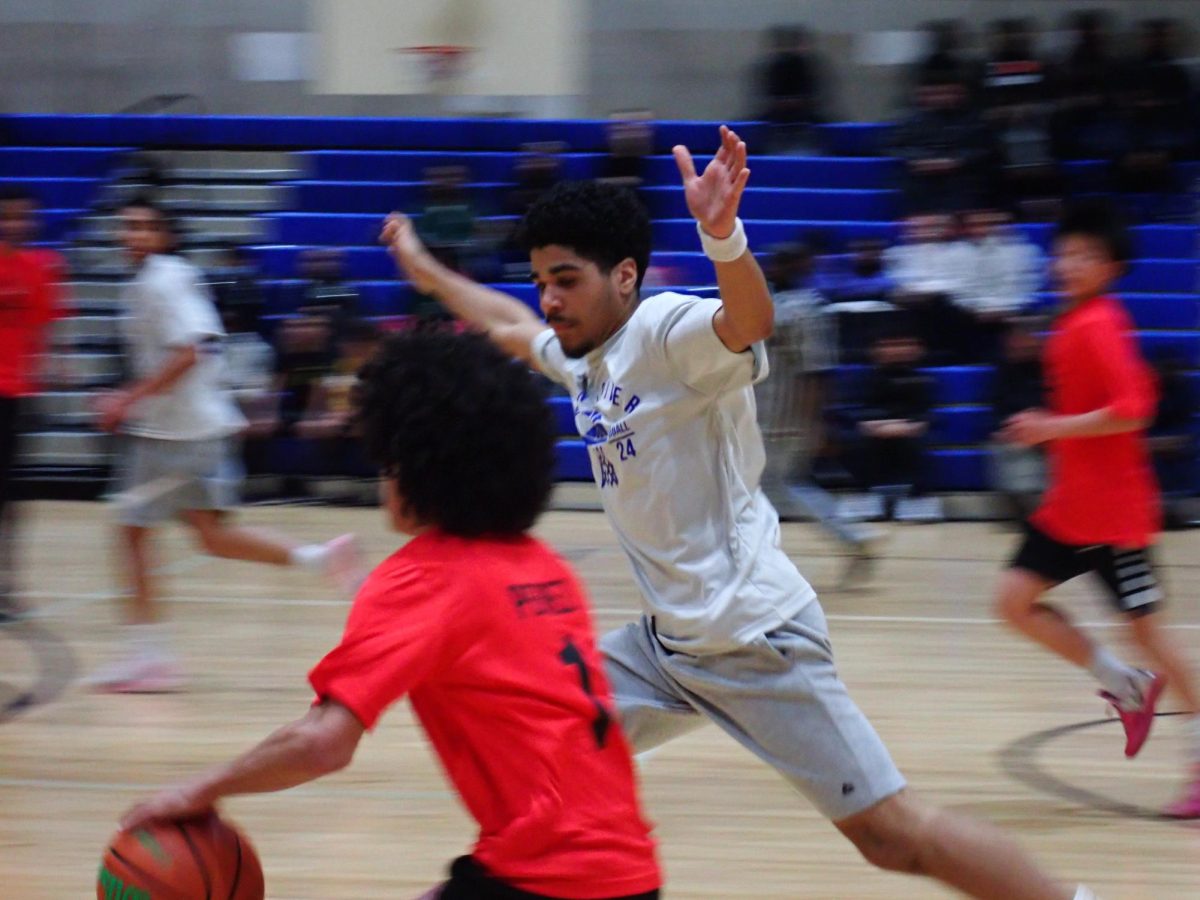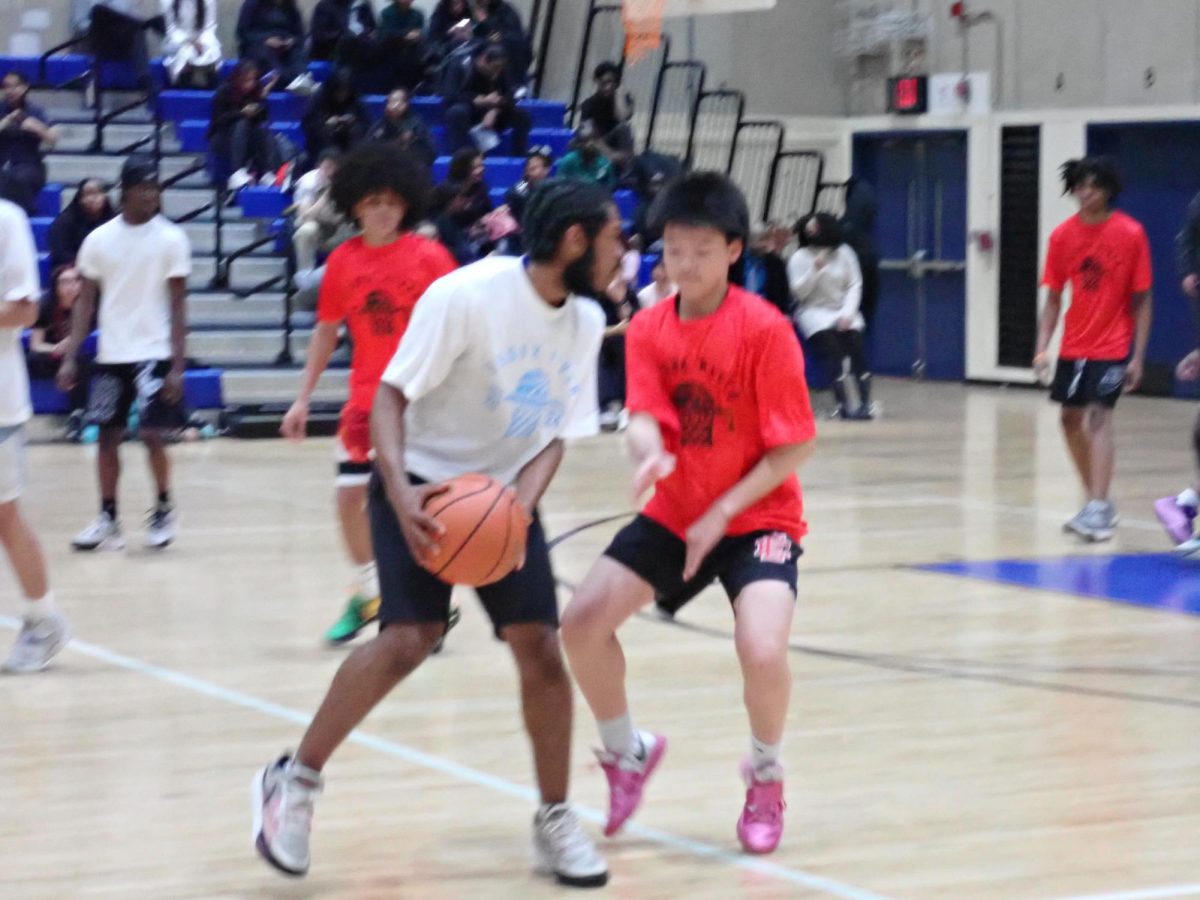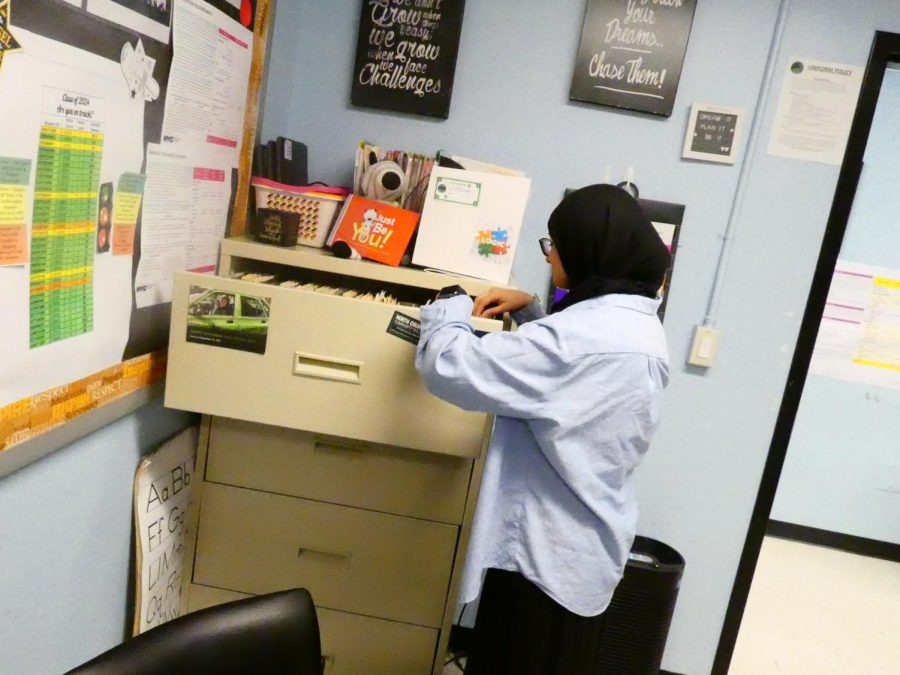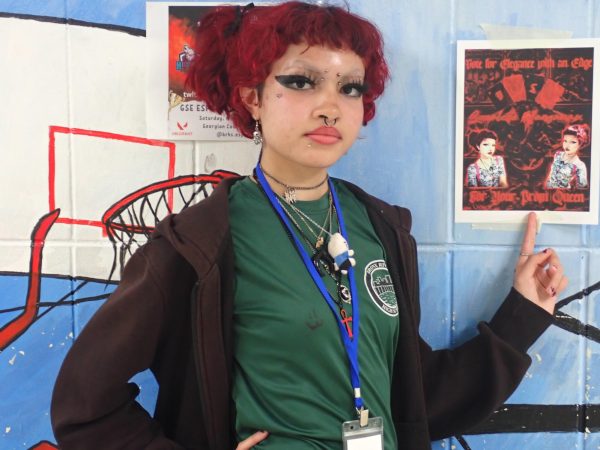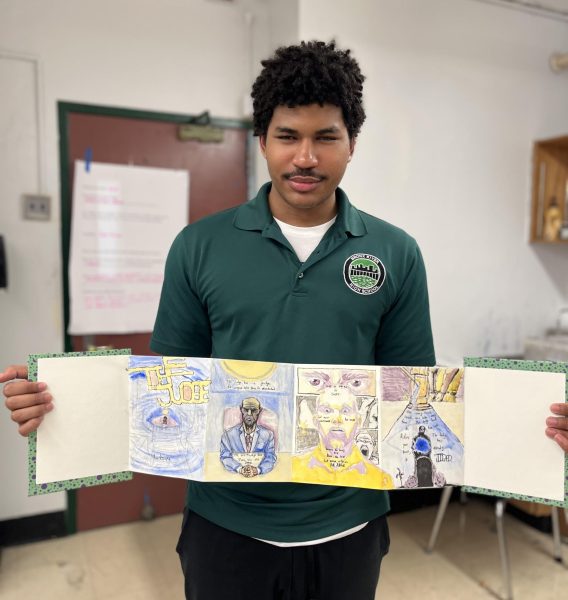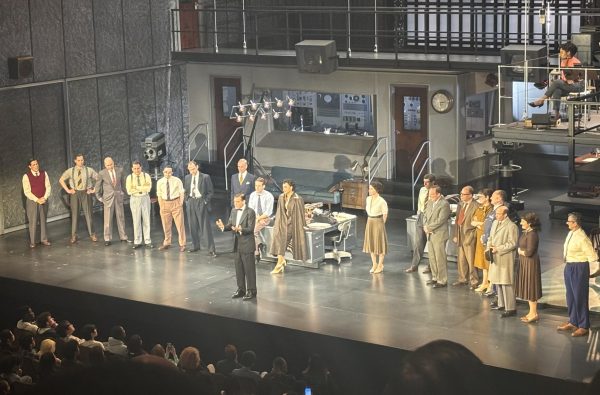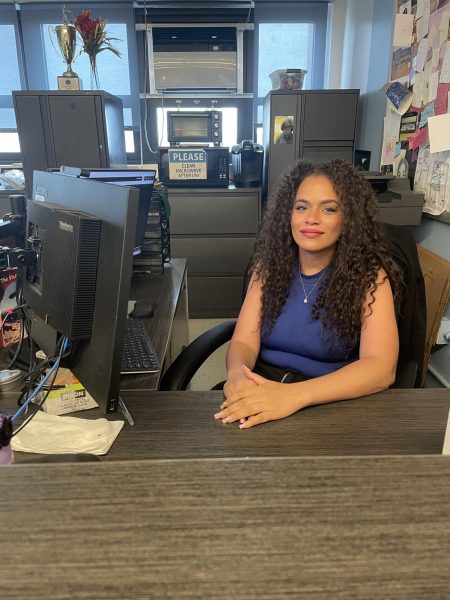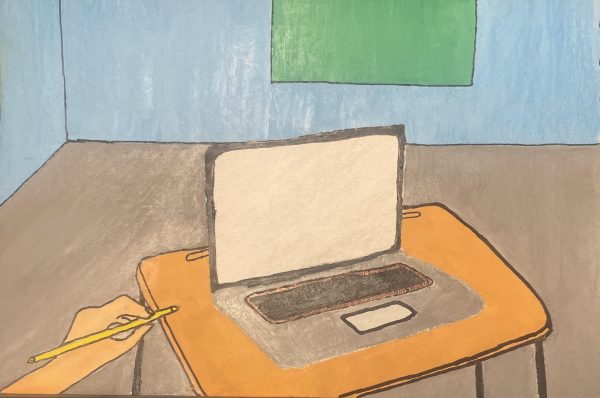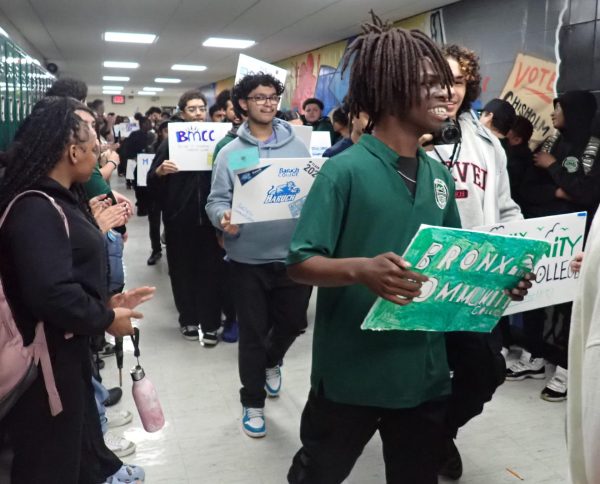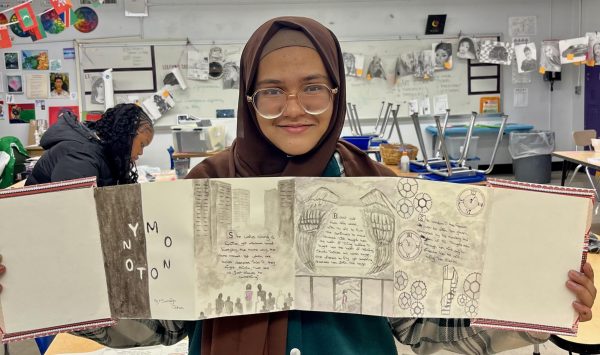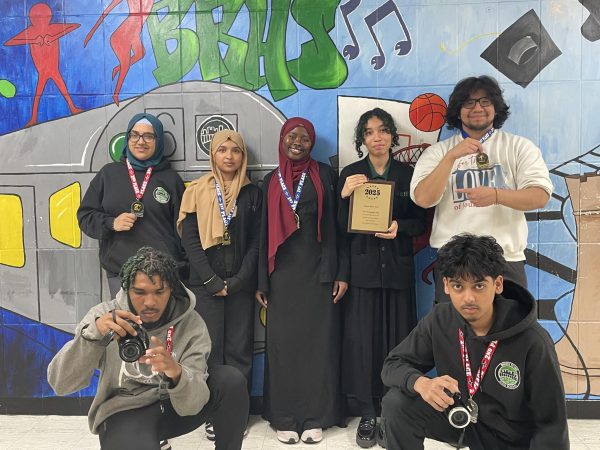High school students juggle work, studies
Finding the right balance is key
Rawan Ali gained experience and high school credit working as an intern in the guidance office this year.
On the weekends when many teens are sleeping in, senior Nevaeh Feliciano wakes up at 5 a.m. so she can get to work at Dunkin’ Donuts. She serves customers nearly nonstop until about 2 p.m. Except on days when she works double shifts. On those days, her day ends around 10:30 p.m. And if that double shift falls on a Sunday, getting ready for school the next day can be challenging.
Nevaeh is one of many BRHS students who juggle the demands of school with work. Some teens work to help support their families or gain valuable work experience. Some are saving for college. And others simply want a little extra spending money. No matter the motivation, the pressure to keep your boss happy while also keeping up with school work can be a challenge.
As a 19-year-old, Naveah had the skills to successfully navigate the varying demands of work and school. But she worries about younger teens, noting that having minors work is “more bad than good.”
In New York, child labor laws limit how many hours underage students can work during the school year and the kinds of jobs they can hold. For example children ages 14 to 17 cannot work more than eight hours each day and more than 40 hours a week. And to work, they are required to get working papers, which are usually signed by their guidance counselors.
Shavon Evelyn, the 11th grade guidance counselor, helps her students find summer youth employment and internships to gain work experience. “The amount of employment certifications (working papers) that the counseling team distributes each year varies, but I would estimate that it’s between 60 t0 75 per year,” she said.
While Ms. Evelyn sees benefits of some jobs and internships, she also has seen jobs have a negative impact on students’ academic performance. “Additional hours of work” can “infringe on time devoted to school work,” she said, causing grades to drop and added stress to students. “As with most things in life,” she said, “balance is key.”
Although the child labor laws are meant to ensure students don’t work too many hours, some employers find workarounds, for example, by paying students off the books. And this is a trend that’s happening nationwide. According to a report release by the Economic Policy Institute in Washington, D.C., laws and proposals to roll back child labor laws are on the rise across the country: Specifically, the non-profit organization found that “the number of minors employed in violation of child labor laws increased 37 percent in the last year and at least 10 states introduced or passed laws rolling back child labor protections in the past two years.”
As more minors work longer hours, the results often show up in the classroom. As senior guidance counselor Jemny Santana has seen, “The grades go down” because it is difficult for some students to “balance school and work.” Even so, she appreciates the need and desire to work while in school. She says some students are more motivated to do well in school when they have a job. And others have no choice: They need to work long hours to help support their families.”
Since minors seem to be involved in both school and work at the same time, teachers are also the ones who witness what happens when students work while going to school. Dennis Lucid, who is a senior government and economics teacher at Bronx River High School, has seen students manage both a job and their school life at once. Mr. Lucid believes that working at a young age is “important because multitasking is key and it sets them up for success and their future.” And as a teacher, he has seen kids clash between work and school but he then says that “the ones who struggle tend to succeed after school because they learn how to budget.”
Additionally, Valerie Dolan who teachers 11th grade U.S. History, revealed that she “worked two jobs” while she was in high school so taking away a “learning experience” is definitely essential. She also mentioned that working at that time trained her to be responsible and provided her some kind of work ethic. But when it comes to the students she teaches, Ms. Dolan says she has “seen students prioritize work and making money over finishing their school work.” Ms. Dolan also agrees that “jobs teach responsibility and learning how to balance both work and school is a lesson itself.”
Maybelin Mahuiztl, who worked as a waitress during her senior year, found a way to balance the demands of school and work. “I’m grateful to get the experience at a young age because I know what is is to work,” she said. “So in a way it pushes me to continue school and pursue a degree in something.”

Sara Singh, a senior, is part of the NYC Student Press Pass Fellowship program. She has a brother who graduated from BRHS last year.

